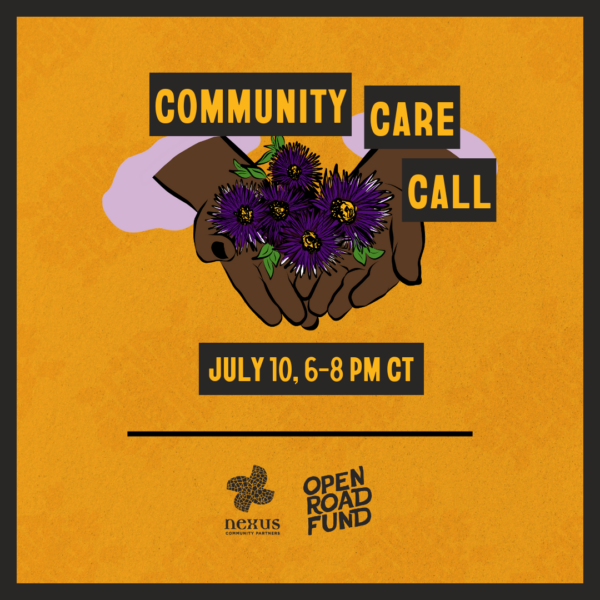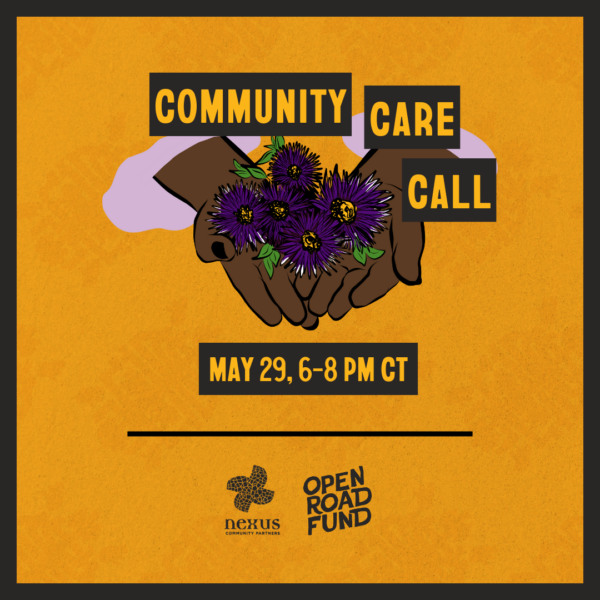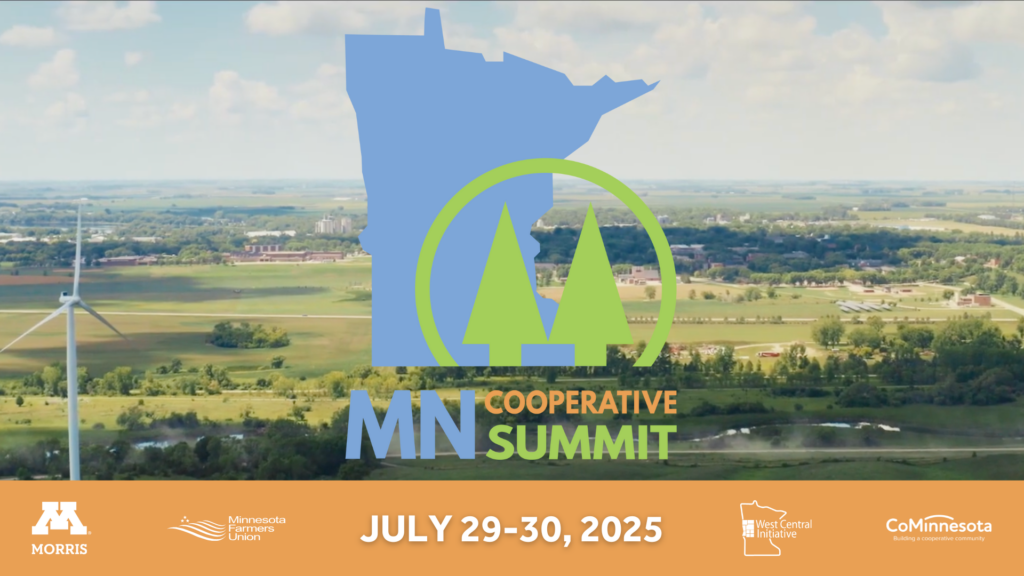We invite you to join our next Open Road Fund Community Care Call! The Care Calls are a series of three healing and learning sessions about African ancestry hosted by three Black mental health practitioners: Dr. Aja King, Dr. BraVada Garrett-Akinsanya, and Dr. Cedric Weatherspoon.
As folks descended from African people who were enslaved, we understand that the questions about ancestry in our application, though necessary, can bring up a variety of feelings—some of us may experience uncertainty and not-knowing. We are offering these sessions as a way to help process and explore these emotions. Our intention is to hold a space where our people can heal from the sense of personal shame, sadness, and anger about our origins.
Our second call will be held Thursday, July 10, 6-8 pm CT on Zoom. We hope to see you there!
Register here
Space for these sessions is limited to 100 people on a first–come, first–served basis. If you already feel knowledgeable about your ancestry, please make space for folks seeking to learn.


